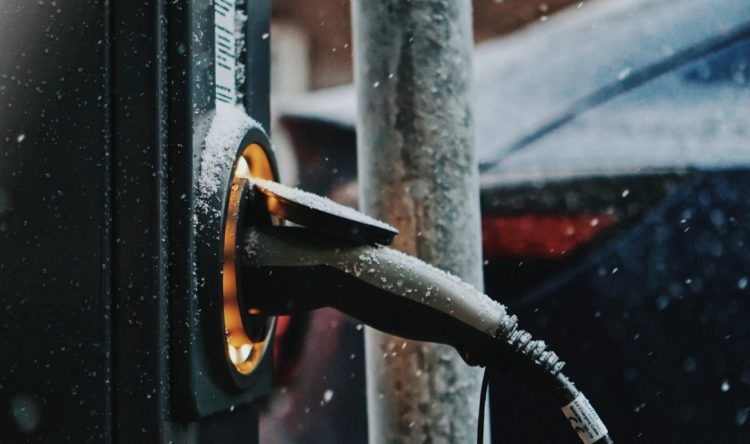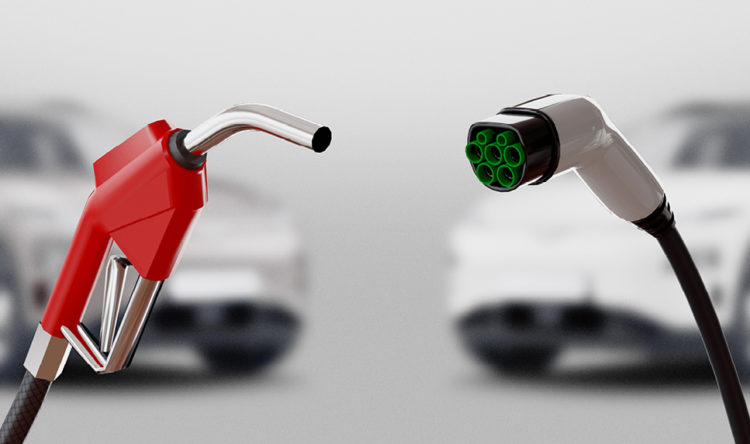A Charging Revolution
EV usability takes a giant leap with the latest battery development
Fully charging an EV battery in just five minutes has become a reality.
Not just a prototype, the new batteries are already being produced on the production line in China.
Effectively, this means electric cars will be as fast to charge as filling up petrol or diesel vehicles.
These new lithium-ion batteries were developed by the Israeli company StoreDot and manufactured by Eve Energy in China on standard production lines.
Here Today
StoreDot has already demonstrated its “extreme fast-charging” battery in phones, drones and scooters. The production of 1,000 EV batteries are to showcase its technology to carmakers amongst other companies.
The five minute charge will require much higher-powered chargers than currently. However, the current charging infrastructure will still deliver 100 miles of charge to the battery in five minutes.
“The number one barrier to the adoption of electric vehicles is no longer cost, it is range anxiety,” said Doron Myersdorf, CEO of StoreDot. “You’re either afraid that you’re going to get stuck on the highway or you’re going to need to sit in a charging station for two hours. But if the experience of the driver is exactly like fuelling [a petrol car], this whole anxiety goes away.”
“A five-minute charging lithium-ion battery was considered to be impossible,” he said. “But we are not releasing a lab prototype, we are releasing engineering samples from a mass production line. This demonstrates it is feasible and it’s commercially ready.”
New Ingredients
Existing Li-ion batteries use graphite as one electrode, into which the lithium ions are pushed to store charge. But when these are rapidly charged, the ions get congested and can turn into metal and short circuit the battery.
The StoreDot battery replaces graphite with semiconductor nanoparticles into which ions can pass more quickly and easily. These nanoparticles are currently based on germanium, which is water soluble and easier to handle in manufacturing. But StoreDot plans plans to upgrade this to silicon later this year, a much cheaper medium. The battery price will then be the same as the current Lithium-ion batteries.
Fuelling the Future
StoreDot are just one of many companies who are developing fast charging silicon electrode batteries, including Tesla. Tesla boss Elon Musk tweeted on Monday: “Battery cell production is the fundamental rate-limiter slowing down a sustainable energy future. Very important problem.”
“I think such fast-charging batteries will be available to the mass market in three years,” said Prof Chao-Yang Wang, at the Battery and Energy Storage Technology Center at Pennsylvania State University in the US. Speaking to The Guardian, he commented “They will not be more expensive; in fact, they allow automakers to downsize the onboard battery while still eliminating range anxiety, thereby dramatically cutting down the vehicle battery cost.”
Charged Up
The actual timeline is difficult to assess. The speed of technological developments are exponential, so it could be longer than three years, or even sooner. While the charging infrastructure is growing, it still needs massive growth and upgrades. Greater incentivising by governments to encourage EV buying is another barrier to sales; all cars remain a huge investment for the public. However, scrapping range anxiety is undoubtedly a huge step forward and makes EVs a much more attractive proposition.






